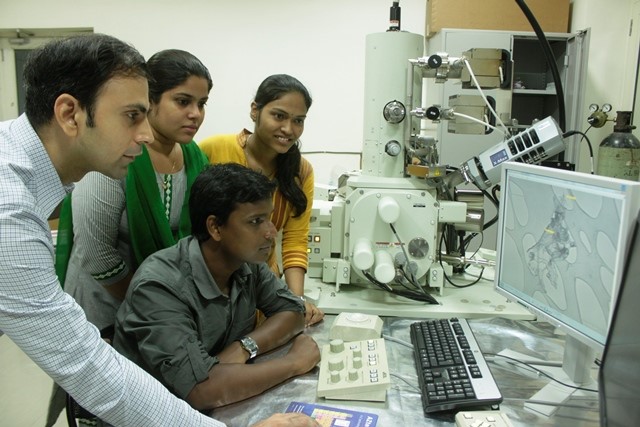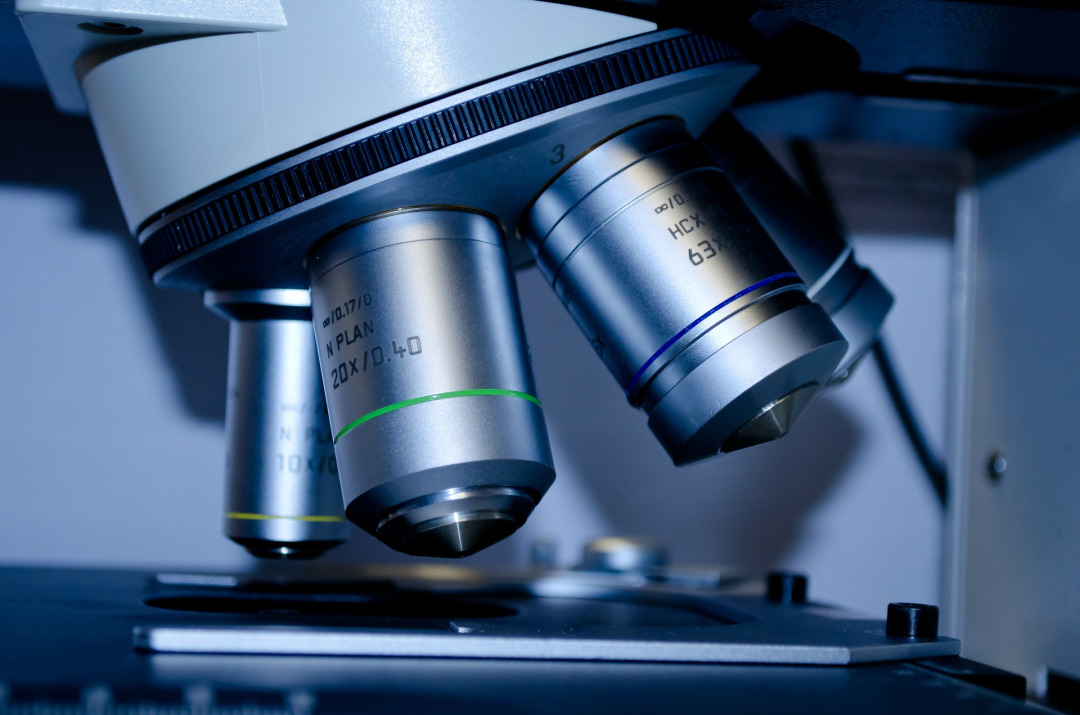
Researchers Develop Simple Technique for Assembly Of ‘Nanorods’
- News
- 1.2K
Small nanomaterials are helping us to solve the bigger issues of mankind such as air pollution, wastewater treatment, drug delivery. The field has found applications in all major sectors such as electronics, agriculture, medicine, textiles. While nanoparticles have various applications, their synthesis and assembly remain a major bottleneck restricting their wide usage. Recognizing that a method to assemble gold nanorods (rod-shaped) will open various avenues of its applications, the Indian Institute of Technology Madras (IIT Madras) researchers have developed a simple technique for the assembly of nanorods.
“While gold nanorods are now being synthesized with good control on their physical dimensions, their organization in a substrate with controlled orientation has often been difficult to achieve due to colloidal instability and agglomeration,” said Dr. Ethayaraja Mani, Associate Professor, Department of Chemical Engineering, IIT Madras.
Polystyrene spheres, which are plastic spheres, are used as a flexible platform to conduct diagnostic tests or other chemical reactions. While there are methods of assembling the spherical particles on a surface, however, assembly of nanorods on the curved surface remained a challenge. In this research, scientists have overcome this hurdle of assembling the gold nanorods into the surface which opens up their avenues for various applications.
For this study, the researchers first prepared the gold nanorods which were stabilized using a chemical detergent. For assembling nanorods on the polystyrene sphere, an interface was created between oil and water containing gold nanorods. On this oil-water interface, polystyrene microspheres were spread. This arrangement was left undisturbed overnight. The next day, the scientists took out the polystyrene spheres and found that gold nanorods have assembled over polystyrene spheres using electron microscopy.
“Our study showed that it is possible to assemble gold nanorods in a micron-sized macro sphere in a fluid-fluid interface. Using controlled evaporation of the solvent, gold nanorods are assembled as a ring on microparticle. The composite particle could then be assembled in a much more controlled manner on substrates to make sensors and functional components of a device where gold nanorods serve as the active component,” added Dr. Mani.
The team aims to decrease the time required for gold nanorods to adsorb on the macro particle and improve the process of self-assembly to expedite the adsorption kinetics. As per the scientists, the throughput of the process is limited by the interfacial area due to which scaling-up to the large interfacial area needs further optimization of the process. The research team also has plans to carry out fundamental studies on controlling the number of gold nanorod rings, the relative configuration of the gold nanorods within the ring (end-to-end or side-to-side pattern), and their position on the macroparticles.
The paper has been published in the journal Physical Chemistry Chemical Physics. The research team includes Dr. Ethayaraja Mani and Neethu Thomas from IIT Madras and Sanjana Shivkumar from Government Engineering College, Thrissur. (ISW)
If you liked this article, then please subscribe to our YouTube Channel for the latest Science & Tech news. You can also find us on Twitter & Facebook


